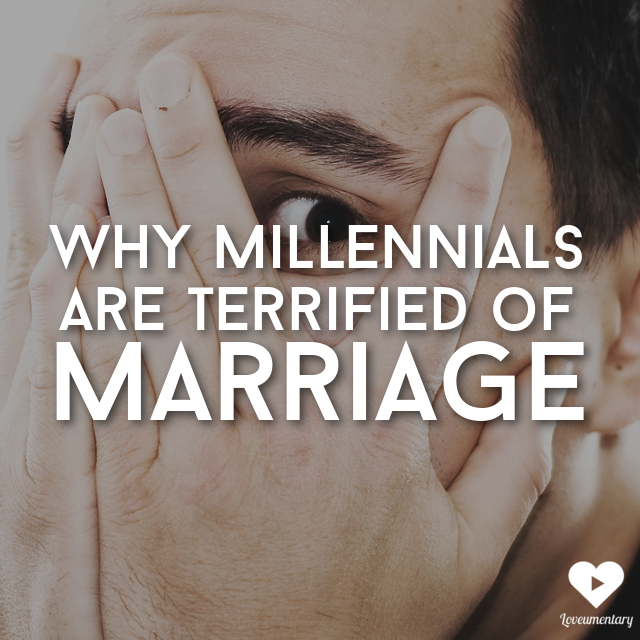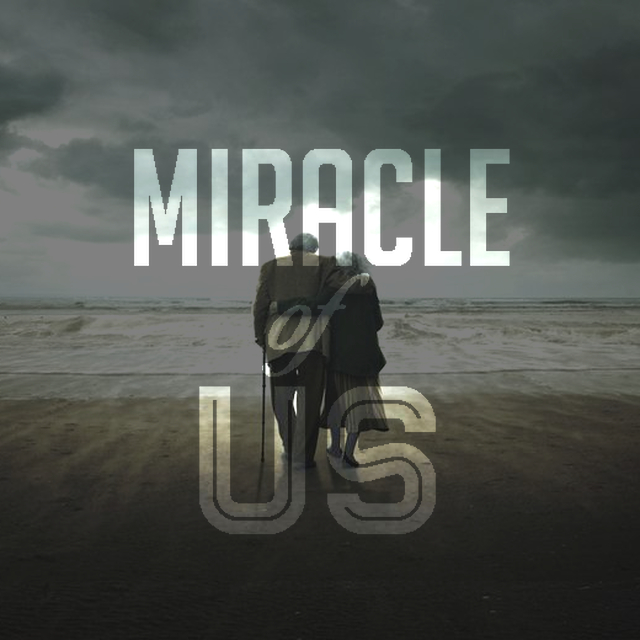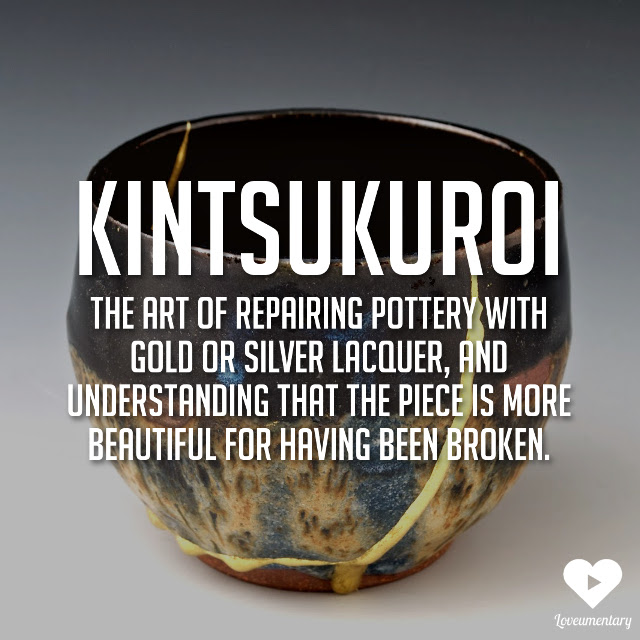My name is Nate, and I’m a millennial… oh, and I’m also super single. But here’s the deal, I’m not running away from marriage. I’ve actually spent the last 3 years researching, studying and preparing for it!
I’ve talked to hundreds of happily married couples about what goes into creating amazing, lasting, passionate, connected love. I’ve interviewed best-selling authors, therapists and coaches on the topic of love.
It’s been an amazing journey.
The reason I’ve done all this work and research is to better prepare myself for the love I one day hope to have.
One of my favorite things about doing this work is that it sparks countless conversations with other single millennials. We’re constantly talking about what they want out of relationships, and what they’re doing to create the love of their dreams.
We talk about how and where we might meet our future spouse. We talk about the superficiality of Tinder as we swipe left to anyone who doesn’t meet our ideal physical qualifications. We talk about our worries and concerns when it comes to love, and what we’re doing or not doing to prepare for it.
The fear and reservation surrounding marriage is very real and very present. I know it’s there, because I often experience it myself.
I believe fear is the primary factor that keeps us from getting married. Meanwhile, our the news hassle us, parents beg us for grandbabies, and peers urge us to just get out there and meet someone as if finding 21st century love was as easy as going to the grocery store to pick up a bottle of coconut water.
Their loving encouragement does nothing to assuage our very valid fears. Sometimes it makes it even worse, if I’m going to be honest.
Where do these fears come from? I believe most of them can be traced back to one source…
Lack of preparation.
We Are Unprepared To Have Realistic Expectations
We are the first generation to be raised on a steady diet of Disney Princesses and Reality TV. We’ve been spoon-fed a lifetime of extreme and incredibly unrealistic examples of what love is supposed to look like.
In one camp you have these glamorized fantasy stories of Prince Charming riding in at the last minute to slay the dragon, destroy the evil witch, or deliver the kiss-of-life to the damsel in distress.
In the other camp, you have the Kim Kardashians, Tiger Woods, Chris Browns, and Charlie Sheens of the world. Anytime you turn on the TV, or even check out at the grocery store, you’re bombarded with stories of infidelity, divorce, abuse, and disintegrating relationships as if it were just part of regular, everyday life.
Now, allow me to make some overbroad generalizations (that may ruffle some feathers) to make a point...
It’s no wonder we have a generation of powerful, independent women who secretly fantasize about a man swooping in to rescue them while simultaneously declaring they do not need a man!
They’ve been taught the only person they can rely on is themselves. Yet they’ve also been shown for decades that men are the answer… but they are also the problem.
On the flip side, we have a generation of men who feel the expectation of being perfect Prince Charming. They carry the shame of their hidden flaws with them. They want to be the one to swoop in and save the damsel, but she insists that she has everything under control and she can take care of herself.
When saving the damsel becomes unrealistic, men turn to other alternatives to create the princely satisfaction of conquering an evil foe, or saving a princess. They become champions of sports, video games, gambling and porn. Then they get labeled as losers and glorified adolescents who need to “man up.”
The majority of singles still say they want to be married. I believe the first step to creating the epic marriages we so desperately want is to let go of the hyper sensationalized expectations we’ve created around love - both negative and positive.
Your love will rarely be as good as a Disney movie or as horrible as a celebrity scandal.
Most of the time it’s somewhere in between.
We Aren’t Prepared To Have Hard Conversations
Relationships are always a ton of fun at the beginning when you’re brain is flooded with pleasure chemicals, and you haven’t experienced any of your partner’s flaws.
But at some point, that state of limerence will fade, and you’ll end up having to deal with some sort of conflict or disagreement.
You’ll have a bad day, or say something that hurts your partner. Their ex will come back into their life, or their parents will express concerns about you.
You’ll have an argument.
Then the questions start percolating.
“Is this really as good as it gets?”
“Am I with the right person?”
“Why are we fighting? We wouldn’t be fighting if this was right…”
Most of us have never been prepared to expect - let alone deal with the normal conflict that surfaces in even the best relationships.
We’ve either seen our parents fight growing up, and thought, “My marriage will never be like that.” Or we’ve never seen our parents fight which has created a false expectation that love and conflict cannot coexist.
Either way, conflict can be a really scary thing that gives us doubts and worries about the future of our love life.
It was very reassuring when I read the study done by the Gottman Institute that states that 69% of conflict in a romantic relationship is unresolvable.
I realized that conflict is normal.
And not only is conflict normal, but dealing with it can be a really positive experience when we use the right tools and principles.
If you want to learn some incredible skills to help you deal with conflict in your relationships, read the book The 7 Principles for Making Marriage Work.
We Haven’t Been Prepared To Make Big Choices
Dating is much different now than it was 20 years ago.
Before the late 90’s, singles weren’t crippled with The Paradox of Choice -- the theory that an abundance of choice leaves us feeling paralyzed and dissatisfied rather than free and happy.
Social Media and Online Dating have exposed us to thousands of potential mates at the flick of a finger.
That kind of choice create a perfect storm of “what if” scenarios that make choosing just one person nearly impossible.
The moment you find someone who fits your expectations, the question begins to tickle in the back of your brain… what if I find someone who is a little more attractive, wealthy, funny, tall, short, kind, interesting, ambitious, athletic, etc.?
As Barry Schwartz, author of the book The Paradox of Choice says, “Learning to choose is hard. Learning to choose well is harder. And learning to choose well in a world of unlimited possibilities is harder still, perhaps too hard.”
I’m constantly asked the question, “How do I know he (or she) is the ‘right’ one?”
The best answer to that question is, “What make someone 'right'?”
I would argue, that someone is “right” for you not when they are the most attractive, wealthy, funny, intelligent, or compatible person you’ve been with.
What makes someone “right” is simply the fact that you choose them.
The cold hard truth is that there will always be someone out there who is a little better for you than your partner in one way or another. You will be attracted to other people, even after you get married.
What separates all of the other options from the “right” one is that the “right” one is the one you choose day after day, in sickness and in health, for better or for worse, in good times and bad until the day you die.
It’s as simple and difficult as that.
Schwartz argues that making the choice and sticking to it can actually be psychologically easier if we are just willing take the leap:
“Keeping [our] options open seems to extract a psychological price. When we can change our minds, apparently we do less psychological work to justify the decision we’ve made, reinforcing the chosen alternative and disparaging the rejected ones.”
If you are struggling with the paradox of choice -- if you’re going on lots of first dates and very few 2nd dates, or spending a lot of time on Tinder, OKCupid, or other dating sites -- a great resource for you would be Barry Schwartz’s book, The Paradox of Choice or his accompanying TED talk.
We Haven’t Prepared Ourselves By Dealing With Our Baggage
Regardless of who you are or how you’ve been raised, you come into a relationship with a set of expectations, experiences, fears, habits, mannerisms, attitudes, personal narratives, desires, and even a vocabulary that is very different than that of your partner.
These differences are what constitute your baggage, and just like the airport, it’s your job to be responsible for your baggage!
If you have daddy issues, commitment issues, fears of abandonment, difficulty trusting, low self-worth, a short temper, an addictive personality, mental or emotional health issues, irresponsible spending habits, issues with constant complaining or negativity, a superiority complex, or any other issue that might being in a relationship more difficult, it’s your responsibility to begin working on those things now.
Do not wait till you’re in a committed relationship to start addressing your baggage.
Making your partner responsible for your baggage is not love. It is selfishness.
I’m not saying that having baggage disqualifies you from having love. That’s just not true. We all have baggage that we need to deal with.
I am saying that your baggage is your responsibility.
If you’re anything like me, you’ve been raised by people who constantly told you, “You’re special and wonderful! You can be, do, and have anything you want!”
While well-meaning, this belief can also create an attitude of entitlement, and promote a lack of personal responsibility.
If you want help identifying, or learning how to deal with your baggage a great resource is the book, The New Rules of Marriage by Terry Real. This book will change you. I promise.
We Are Unprepared Because of Lack of Mentors and Community
I strongly believe that you learn to love the same way you learn to speak -- through the examples, culture and role models you have access to.
Millennials were raised by the Baby Boomer generation… the generation with the highest divorce rate of all time. Combine that with the unrealistic Disney movie expectations and the hot mess that is Hollywood romance that we talked about earlier, and it’s no wonder we have no clue what we’re doing.
At bachelor parties, married guys give advice to the single guys to have fun while you can, because once you’re married, the fun ends, the sex stops, the flannel PJs come out, and Netflix marathons become the norm.
My girlfriends go to bachelorette parties and bridal showers where married women complain about their emotionally insensitive husbands who would rather look at porn or spend an extra 4 hours at the office every day than come home to spend meaningful time with their wives.
This kind of talk and behavior is gross.
It enrages me.
Because I know there is another way.
Beautiful, inspiring, fulfilling, connected, passionate marriages exist!
There are emotionally intelligent husbands who can’t wait to get home to their loving wives!
There are kind, appreciative wives who love and admire and dote on their husbands!
There are people who have been married for decades who still can’t keep their hands off each other!
There are couples who never run out of things to say or experience together!
I’ve seen them!
My generation will not lose their fear of marriage until these amazing couples start advocating for marriage more loudly than the marriage defectors argue against it.
We need those who have extraordinary marriages to stand up and let their voices be heard!
I often fantasize of being part of a community where marriage and commitment are celebrated and enjoyed as the norm.
I yearn for a day when married men pull single men aside just to tell them how amazing their wives are, and how much they love being married.
I would cry tears of joy if it became the standard practice for married women to gush to their girlfriends with genuine appreciation for their dedicated and loyal husbands.
If you want your kids to get married, create a marriage worth celebrating, and celebrate it!
If you want some incredible stories of people who are doing this very thing -- the people who have created incredible, lasting love -- check out The Loveumentary Podcast.
If you are prepared, you will not fear.
At the beginning of this article, I said that the current generation avoids marriage because of fear.
The greatest tool for defeating fear is preparation.
Real love exists. It’s possible. It’s even realistic… but you’ll never have it if you don’t prepare yourself and develop develop the skills required to create it.
Amazing love is not just a random anomaly. It goes to those who are relentlessly committed to the effort and practice required to create it.
If you’re prepared, you will not fear.












